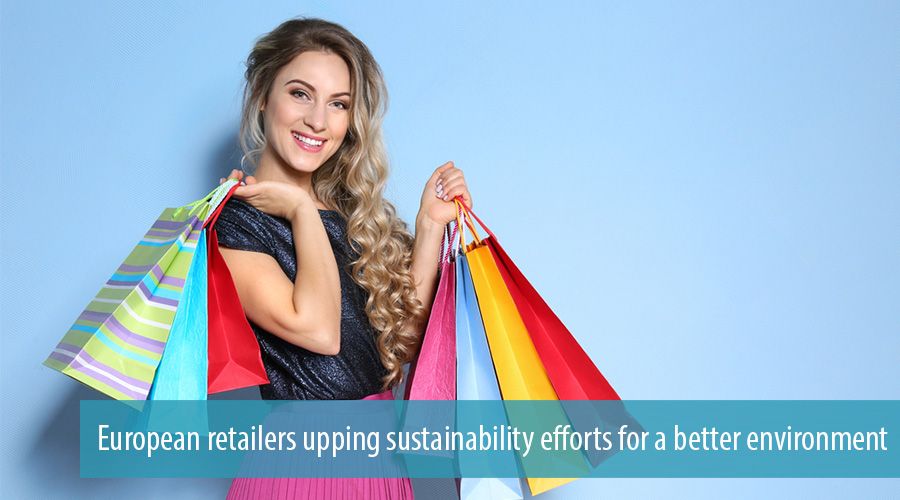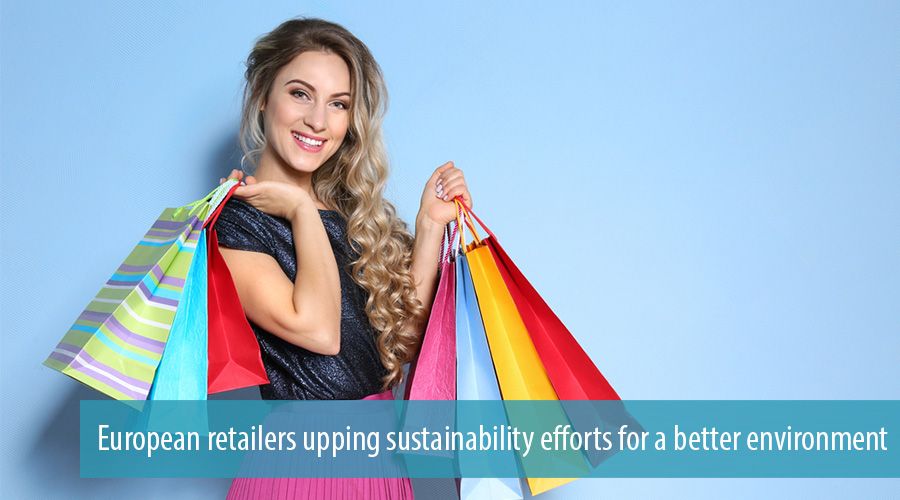Current retail models – cradle to the grave consumption – are increasingly incompatible with the environment. Consumption methods and supply side production must change to meet environmental goals and challenges, according to retail sustainability experts who recently convened at a conference on circular economy adoption.
As part of efforts to support the transition to a more sustainable economy, the European Commission, Eurocommerce and the European Retail Round Table joined forces nearly a decade ago to launch the Retail Forum. The Forum today advises governments and organsiations on how they can introduce more sustainable business models, including circular economy principles, into the retail value chain, from production through to consumption.
The network operates against a backdrop of growing call to action. As it stands, the world faces considerable problems in relation to human produced waste – for instance, around 50 million tonnes of electronic waste was produced last year, plastic waste in the oceans is projected to hit 250 billion tonnes by 2025, while up to a third of all edible food was thrown out. These issues are costly to society, both in terms of loss of revenue as well as environmental and human harms.
Retail – an industry which represents around 11% of the EU’s GDP – is a key part of this ‘waste economy’. The sector has in recent years shown growing appetite for change, with major retailers launching programmes that for instance ramp up recycling efforts, improve emissions operations and focus on improving their end-to-end carbon footprint. To date, around 180 commitments have been made from some of Europe’s largest retailers, including Ikea, Marks and Spencer, Metro Group and Auchan Retail, to support the case for a better environment.

Valentina Romagnoli, an expert at Ramboll, remarked; “For example, retailers aim to phase out single use plastic bags, use more sustainable materials and help customers make more sustainable choices.”
Retailers are supported in their endeavours by EU policies, which aim to provide key guidance and directives to reduce environmental and social harms.
A circular economy
During the Retail Forum’s most recent conference, circular economy was the main topic of discussion. Circular economic practices and principles are aimed at reducing the need for virgin materials, recycling, reusing, durability and reducing needs.
“Some progressive retailers are already working on new solutions to increase circularity, by means of research projects in partnership with universities and research institutes,” said Romagnoli.
Much of the discussions between the participating experts headed towards the impact of plastic waste, one of the largest environmental concerns in the sector.
As it stands, up to 500,000 tonnes of plastic enters the oceans from the European Union, of which around 300,000 tonnes is microplastics – while a small part of the global total, the waste creates a host of issues for marine life. However, much of the 49 million tonnes of plastic ends up as solid waste, or is exported to third world countries, down the line causing rise to unwanted externalities.
The EU is committed to reducing plastic waste, with a target of all plastic packaging being recyclable by 2030. Retailers play a key part of this wider puzzle, as plastic is an integral material in their wider supply chain. Efforts on the supply side will be key to reducing the use of plastic – as well as wider circular economic changes to goods and products.
To keep track of progress on its environmental agenda, the Retail Forum has engaged with two external parties – engineering consultancy Ramboll and the Austrian Environmental Protection Agency – to monitor retailers’ voluntary commitments and other actions outlined.
Romagnoli: “As store visits are part of the monitoring process we can see that the level of commitments and targets are very high.”

